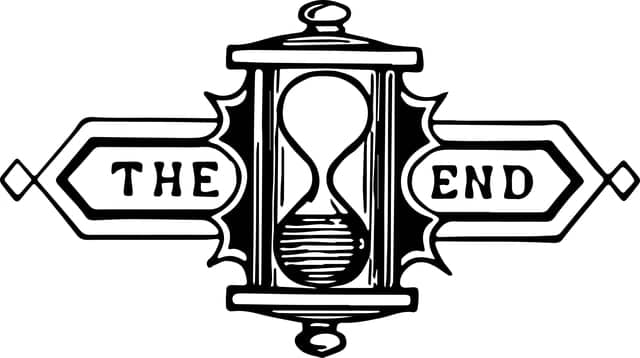What is ironic about the Lord of the Flies ending? William Golding’s classic novel “Lord of the Flies” is a gripping tale about a group of boys stranded on a deserted island and their descent into savagery. The novel’s ending is both dramatic and ironic, leaving the reader with a sense of unease and discomfort. The irony of the ending stems from Golding’s portrayal of the naval officer who rescues the boys.
What is ironic about the Lord of the Flies ending? (Answer)
In the novel’s final chapter, the boys are discovered by a naval officer who has come to the island in response to a signal fire that the boys had lit. The officer symbolizes civilization and order, representing the outside world that the boys had been trying to escape. He rescues Ralph, the protagonist of the novel, and the other boys, who are all in a state of shock and despair. However, despite the rescue, the ending of the novel is not a happy one.
The irony of the ending lies in the fact that the boys, who had been trying to create a new society on the island, are saved by a representative of the very society they were trying to escape. While the boys had been living in a state of anarchy and had become savage, the naval officer represents the order and discipline of civilization. The boys’ attempt to create a new world on the island has failed, and they are forced to return to the world they had been trying to leave behind.
Moreover, the moment in which the officer encounters the boys is not one of untainted joy. The boys are covered in dirt and blood and are still in a state of shock and trauma from the events that had transpired on the island. The officer’s presence is a reminder of the violence and chaos that had occurred on the island. It is a stark contrast to the pristine and ordered world that he represents.
What does the ending of the Lord of the Flies mean?
The ending of Lord of the Flies signifies that, despite our desire to believe in the inherent goodness of humanity and the capability for civilized order, there exists a blurred line between this order and the underlying savagery within each individual. The boys’ descent into madness and violence on the island reflects the darkness that can emerge when societal structures are stripped away. The final scene, in which they are rescued by the naval officer who is appalled by their behavior, serves as a stark reminder of the potential for chaos and brutality that lurks within every human being. It suggests that even in seemingly civilized societies, there is an ever-present risk of succumbing to our primal instincts if not actively acknowledged and restrained.
How is the fire at the end of the novel is ironic?
The fire at the end of the novel Lord of the Flies is inherently ironic due to its unintended consequences. Initially, the fire was set by Jack and his tribe to kill Ralph, the protagonist. However, instead of serving this sinister purpose, the fire spreads uncontrollably throughout the entire island. By a stroke of luck, a passing ship notices the raging inferno and comes to rescue Ralph and the other boys. Thus, what was meant to be a tool for destruction ultimately becomes their salvation, highlighting the unpredictability and irony inherent in human actions and their outcomes.
Why did Ralph cry at the end of Lord of the Flies?
Ralph cries at the end of Lord of the Flies because he realizes the profound loss of innocence that has occurred on the island. The once pure and innocent boys had descended into savagery, symbolized by the darkness in their hearts. Ralph also wept for his true friend Piggy, who met a tragic end when he was pushed off a cliff by Roger’s boulder. Piggy represented wisdom and reason amidst the chaos, and his death signified the complete breakdown of civilization. Ralph’s tears were, therefore, not only an expression of grief for his fallen comrade but also a lamentation for the shattered ideals and the bleak reality that confronted him.
Describe the boys’ reaction to being rescued? How do they react? How is this another ironic twist?
In the novel Lord of the Flies, the boys’ reaction to being rescued is a mixture of relief and trauma. Some are overwhelmed with joy and relief, feeling a sense of liberation from the savage life they were living on the island. They eagerly embrace their rescue, grateful to be returning to civilization and safety. However, there are others who are unable to comprehend what has happened. These boys have become so deeply immersed in their primal instincts and savagery that they struggle to adjust back to the norms of society. This presents an ironic twist as their rescue symbolizes their return to civilization. However, for some it becomes a haunting reminder of the darkness that lies within them and how they have been permanently scarred by their time on the island.
Conclusion
In conclusion, the ending of Lord of the Flies is both dramatic and ironic. The boys, struggling to create a new society on the island, are rescued by a representative of the very society they had been trying to escape. The presence of the naval officer is a reminder of the violence and chaos that had occurred on the island. It is a stark contrast to the pristine and ordered world that he represents. The ending of the novel is not a happy one, and it leaves the reader with a sense of unease and discomfort.
